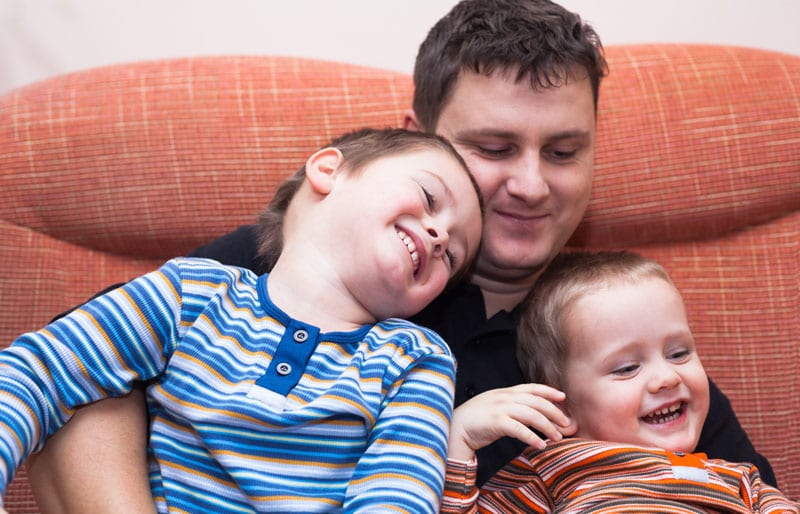Help your Child Celebrate Life
Is your child withdrawn, or appears to have regressed to younger age behaviours, such as thumb sucking and using soothers? Does your child keep asking you where and when is the dead person coming back? Has your child been acting out? Is your child beginning to struggle with school demands? Is your child expressing anger and resentment? Or maybe even behaves in a way as though they are not affected at all?
If you have answered yes to any of these questions, your child may be experiencing childhood grief.
What is Childhood grief?
Childhood grief is a natural emotional reaction to losing a loved one – whether that is a family member including a parent, friend or a pet. Children experience grief differently and your child’s grief including ability to understand it and how your child responds to their loss will depend on your child’s age and development as well as family circumstances and how unexpected the loss is.
Grief in younger children is likely to manifest more behaviourally on things such as not wanting to play, be naughty, and become clingy for instance. Grief in primary school aged children, is likely to manifest by your child having difficulties concentrating and not performing as well at school, your child may also blame themselves for their loss. Your adolescent child on the other hand, may be more aware of how negatively their lives are likely to be impacted by their loss and become resentful that death has come to their lives, become moody and in some instances may even appear as if they don’t care and are not affected by the loss at all.

If your child’s grief is not attended to by a specialised care, it is likely continue impacting not only on their physical health such as having sleep difficulties and complain of aches and pains, but also their emotional wellbeing. Childhood grief could develop into clinical depression as well as your child becoming anxious about losing other family members or themselves dying. In some instances, your child could engage in risk taking behaviours and self-harming.
Your child’s physical and mental well-being does not have to be negatively by grief. Call one of our highly skilled Child and Adolescent Psychologist on 9328 3636 to make an appointment time.
References: Adapted from: Australian National University. College of Health and Medicine. (2018). Australian Child and Adolescent Trauma, Loss and Grief Network. Information on grief and loss.


